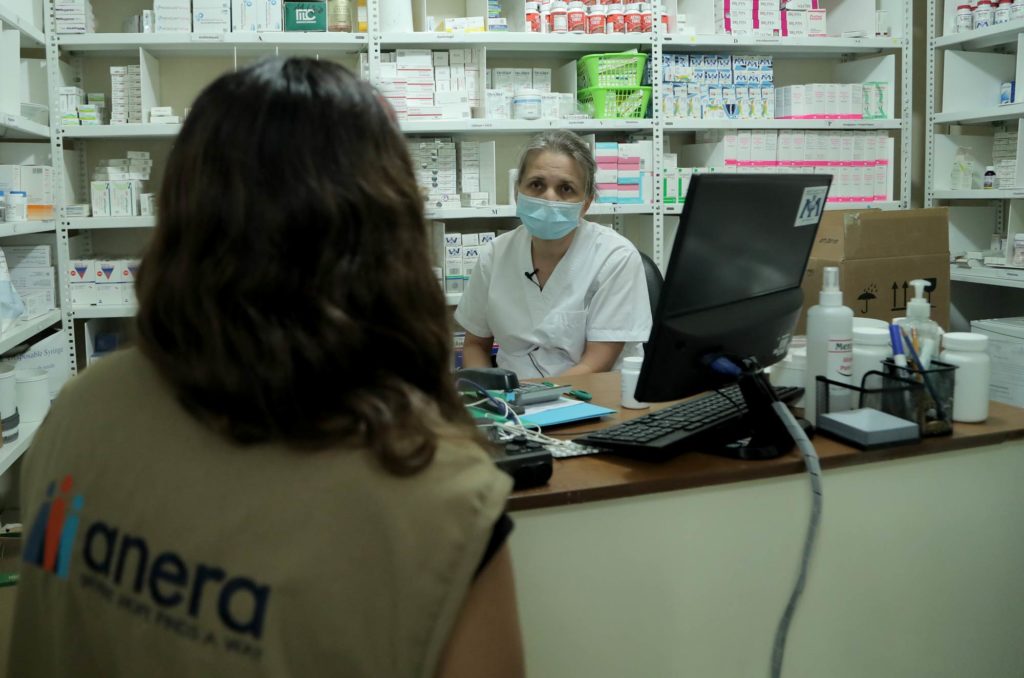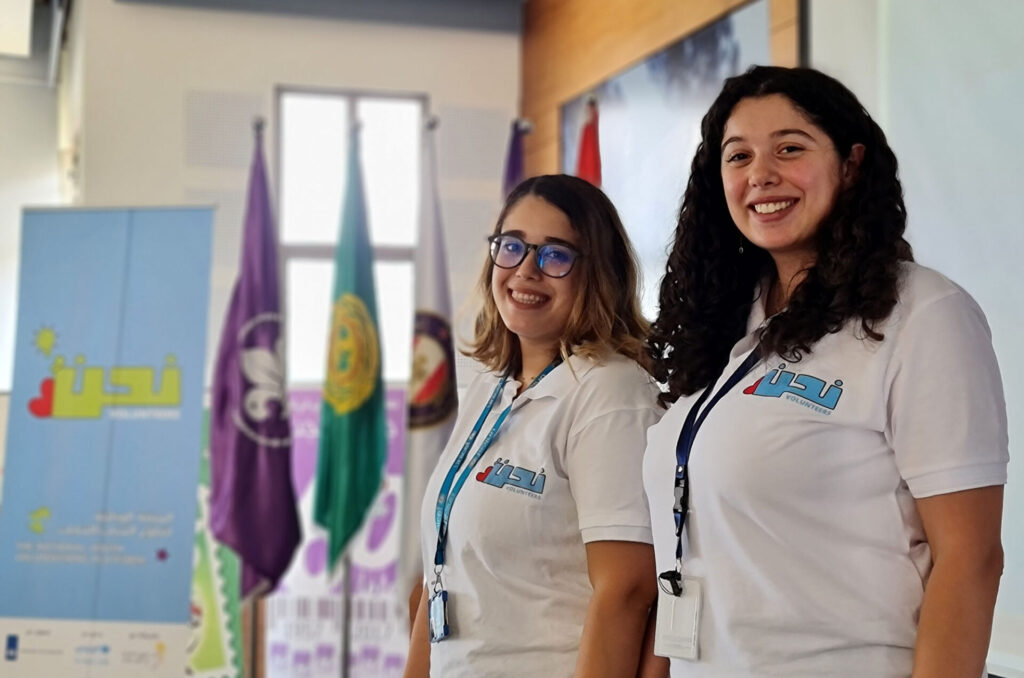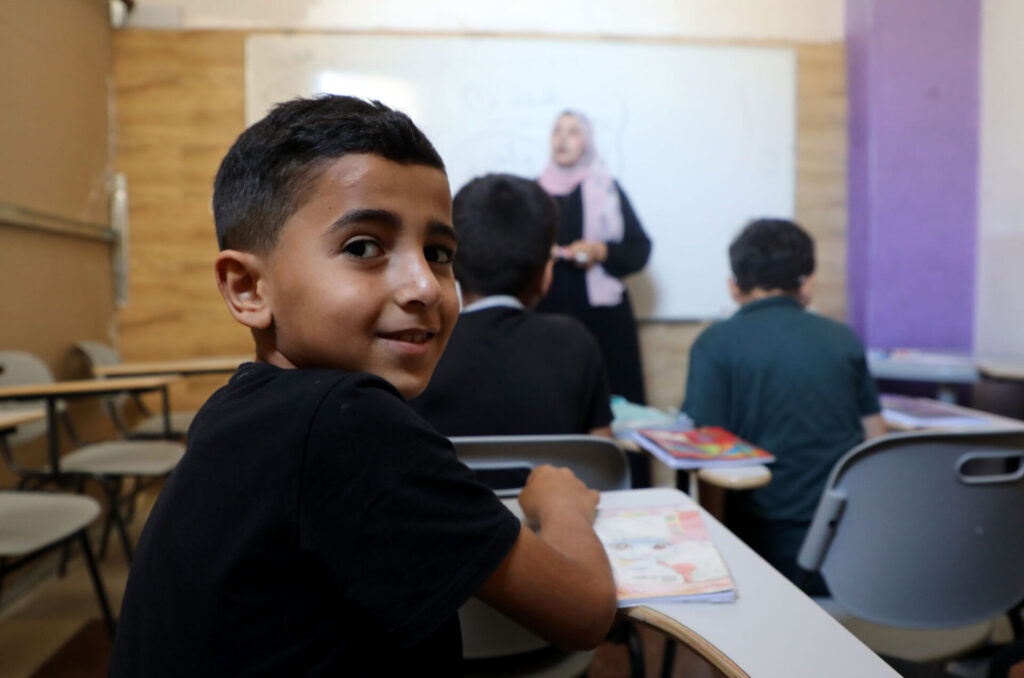HEALTH
Donated Medicines Bring Relief Amidst Hoarding in Lebanon
Oct, 2020
“The situation in Lebanon is unprecedented. We need any and all kinds of donations, be it day-to-day items or chronic medications. Everything is starting to disappear from the Lebanese market at an alarming rate. It’s seriously scary.”
A new phenomenon has swept across Lebanon in recent weeks: people hoarding medicines. The hoarding began after the Central Bank of Lebanon announced that it would soon end subsidies for medicines. With price hikes coming and the ongoing deterioration of the currency, people who can afford to buy medication are stocking up.
Those who are able to travel are also going to Turkey and buying medicines in bulk. All over social media, people are asking where to find their inhalers and their allergy medications, while others are requesting that travelers bring medicines back with them from abroad.
But most people in Lebanon are unable to travel and don’t have the means to buy all the medications they need, even in the best of times. These are the people disproportionately impacted by this phenomenon, and they are suffering as a result.
This is why Anera’s novel collaboration with International Health Partners (IHP) and the International Medical Corps (IMC) is crucial to providing affordable, free-of-charge medicines in Lebanon. Together, we brought in a shipment of healthcare supplies shortly before the Beirut blast. The explosion affected most of the city’s hospitals, primary health care centers and pharmacies, and led to significant losses in the nation’s stock of medications — making the shipment even more vital.
IHP’s shipment of medical aid included inhalers, ulcer medicines, oral tablets of the antibiotic doxycycline, and topical ointments. Anera received the shipment and worked with IMC to distribute the medicines to hospitals and health clinics across Lebanon.
One of the recipients was the Saint Antonios Health Center in Jdaide, located in the northern suburbs of Beirut. Jdaide, home to more than 160,000 people, is within six miles of the Beirut explosion site. Jdaide is also host to hundreds of Syrian refugee families, and its social and health care centers also serve Palestinian refugee communities.
Janette Elias Khoury, the head nurse at the clinic, describes the situation in the area as desperate.


“It’s always been a crowded town, but our numbers tripled with the influx of Iraqi refugees and, more recently, Syrian refugees. The area around the center is very poor and people are in great need of free health care services.”


For over 25 years the center has delivered health services to vulnerable patients, ranging from pediatric and geriatric care to vaccinations and public health awareness sessions. Their medical team provides rapid assessment and treatment for patients admitted to the center. And they are able to prescribe medicines free of charge, thanks to donations from Anera and our partners. The medicines we delivered to them from this shipment will help more than 1,000 patients.
“Having a variety of medicines in stock allows us to treat a wider range of conditions,” says Janette.


“For example, pregnant women are in great need of antifungal topical medications, which they can now get from us, without worrying about whether or not they will be able to afford the treatment. This is especially important in these strange and trying times!”
Like most of Lebanon’s primary health care centers, Saint Antonios has been affected by the ongoing pandemic. They depend on many volunteer doctors to provide their services without charge. But there can be a downside to this model. Due to the pandemic, several doctors are busy as frontline responders at major hospitals, which means they are not able to volunteer as much.
“We had a gynecologist present almost on a daily basis because the majority of our patients are women and they prefer a female doctor,” Janette says. “But now she can no longer come every day and our patients are disappointed!”
She comments,


“The workload [during the pandemic] is very intense. We are now receiving patients only by appointment, to avoid overcrowding in the waiting room. We try to separate appointments by 30-minute intervals, during which time we disinfect the rooms. It has definitely slowed us down and increased our consumption of basic materials.”
Sister Antoinette Assaf, director of the center, thanks Anera, IHP and IMC for their support.




